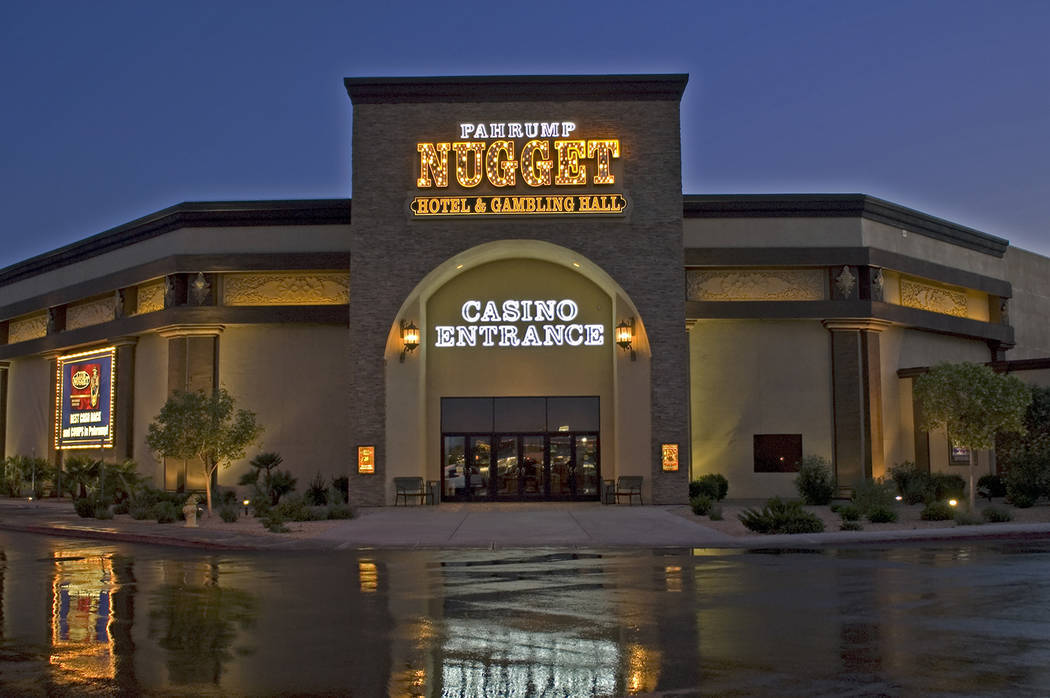Nevada needs Las Vegas tourism to survive shutdown
Nevada is in for a severe economic stretch because of the governor’s mandated closure of non-essential businesses. The closure affects both small business owners and large gaming corporations.
The Trump administration, along with Congress and the Senate, have pushed through legislation to help businesses survive the coronavirus shutdown so that they can reopen when the closure mandate lifts. For small businesses, the package provides temporary relief, but their long-term success hinges on how well the state’s large gaming corporations can rebound.
For decades, the state has tried to diversify the state’s economic base by attracting non-gaming businesses to Nevada. That strategy has worked with some success for the Reno area, where Tesla, Apple, Google, and others, have opened warehouses and offices. However, in Las Vegas, tourism and gaming dominate. According to the American Gaming Association, an estimated 206,000 casino employees in Nevada are out of work in the wake of the statewide shutdown. The leisure and hospitality industry directly employs 1 of every 4 workers in the state and has an economic output of about $68 billion in Nevada, as stated by the Nevada Resort Association. The Nevada Gaming Control Board website shows that there are, (as of January 1, 2020), 441 casinos in the state. Of that total, 222 of the casinos are in Clark County, which includes the Las Vegas area. Of Nevada’s $12 billion in casino gaming revenue in 2019, $10.355 billion of that, or 86%, came from Clark County. Casinos in the Reno area had $857 million in gaming revenue in 2019. It accounts for roughly 7% of all of the gaming revenue in the state.
The state’s annual budget will also have to be adjusted to fit this new reality. Most assuredly, there will need to be a special session called for the state legislator this summer to redo the state’s budget. The annual state budget depends on anticipated revenues and planned expenditures, and those projections will now fall short. How short depends on how long we are shut down. Gaming taxes account for a significant portion of the state’s budget revenue. According to the Nevada Resort Association for the fiscal year 2018, tax revenues within the state’s general fund reached nearly $3.8 billion. Of that, the hospitality industry accounted for almost $1.5 billion, or 38.9 percent of the total. When non-tax revenues within the state’s general fund get added to tax revenues, the hospitality industry represented 37.5 percent of revenues. Gaming taxes were responsible for generating the majority of the industry-generated taxes with $711.3 million, which was 47.3 percent of total general fund revenue generated by the industry. The next most significant contributor by the hotel-casino industry was sales and use tax, which generated $389.1 million during the fiscal year, accounting for 25.9 percent of total general fund revenue generated by the industry. Each month the Nevada tourism industry is shut down, there are $4.7 billion in estimated economic losses, according to the American Gaming Association.
What all of this data means is that our state depends on tourism and gaming for a majority of jobs, to fund a significant part of the state’s budget, and to keep taxes low for residents. The giant gaming corporations must survive the temporary closure so that Nevadans can go back to work, and tax income generated. If they don’t, even if small businesses survive with the help of the disaster relief funds, a significant part of the workforce won’t be going back to work anytime soon, and they won’t be able to afford to shop or dine at small businesses.
There is temporary help on the way for small business owners.
This last Wednesday, the Las Vegas Global Economic Alliance sponsored a webinar with Corey Williams, a Public Information Officer for the Small Business Administration. He stated that many of the SBA requirements are relaxed for Phase 1 in the new disaster relief package and that it is their goal to get funds to small businesses as rapidly as possible. The SBA portion of the disaster relief fund will not apply to casinos. Casinos are not an eligible business, according to Mr. Williams.
For large companies, the coronavirus disaster relief legislation includes an additional $500 billion for guaranteed, subsidized loans for those industries. In the bill, there is also an inclusion of an “employee retention” tax credit that’s estimated to provide $50 billion to companies that retain employees on payroll and cover 50 percent of workers’ paychecks. Companies would also be able to defer payment of the 6.2 percent Social Security payroll tax. The details in the disaster relief fund are not yet released, so it is unknown if Nevada’s large gaming corporations will be eligible for any funds or credits.
We need the tourism and gaming industries to get quickly back on their feet, or it will have a devastating effect on our residents across the entire state.
Tim Burke is a businessman, philanthropist, educator and Pahrump resident. Contact him at timstake@gmail.com


















